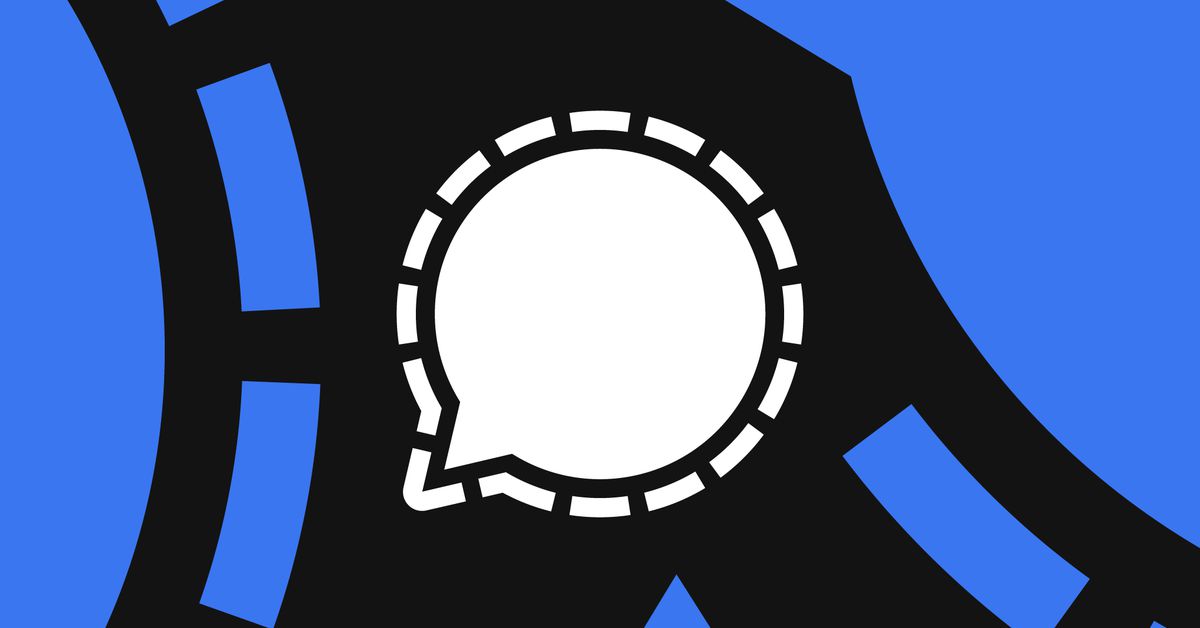- cross-posted to:
- [email protected]
- [email protected]
- cross-posted to:
- [email protected]
- [email protected]
“We’re aware of reports that access to Signal has been blocked in some countries,” Signal says. If you are affected by the blocks, the company recommends turning on its censorship circumvention feature. (NetBlocks reports that this feature lets Signal “remain usable” in Russia.)



That argument makes absolutely no sense. These server-side code does almost nothing. The only task it really has is passing around encrypted packets between clients. All of the encryption is client-side, of course including metadata encryption. That’s how end-to-end encryption works. The server code really doesn’t matter. The Signal protocol, which is used for client-side, local, on-device end-to-end encryption has always been fully open, and it can be used by any app/platform.
It’s very simple. The client is open source, and the encryption happens locally within the client application. You don’t need to trust anything or anyone except for the code and mathematics, which are fully open, so you can verify them yourself.
It’s mind-boggling how people attempt to spread so much misinformation while having absolutely no understanding of the topic their talking about.
So it knows about all metadata, plus registration with phone number, etc. got it.
you conveniently leave out how you need to use the client built by Signal, with dependencies from Google Services and the like, and you can’t use one built from the source they provide. Which at that point means they can introduce whatever they want in whichever version.
Decentralisation is the only safe way.